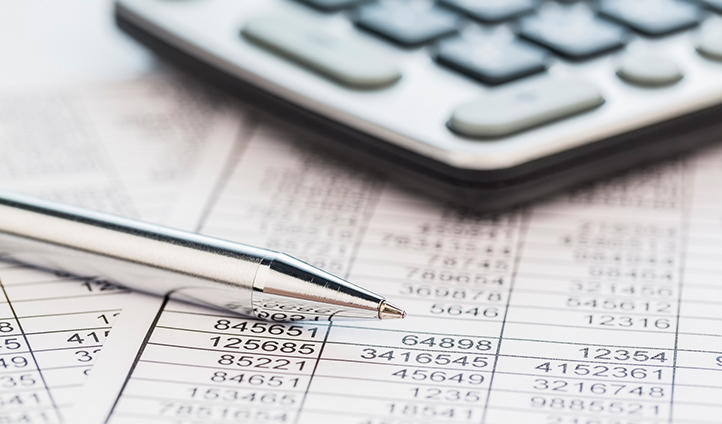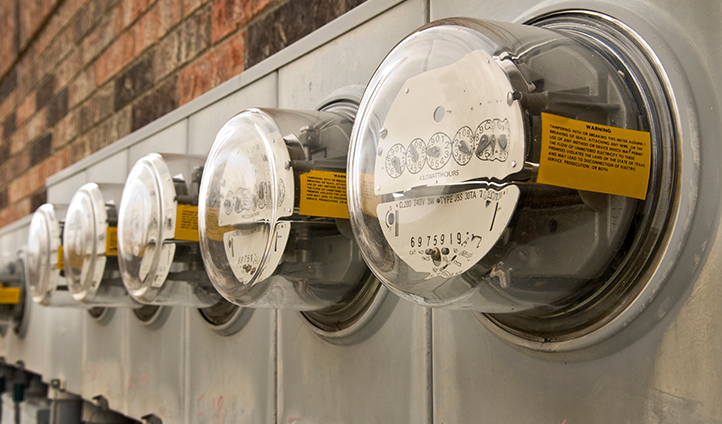Menu
Hot-Topics
February 19, 2026 | SCOTUS Reaffirms Fourth Amendment Standard for Police Responding to Household Emergencies
Month: May 2019

Political Speech Under Burson v Freeman
In Burson v Freeman, 504 U.S. 191 (1992), the U.S. Supreme Court held that a provision of the Tennessee Code, which prohibits the solicitation of votes and the display or distribution of campaign materials within 100 feet of the entrance to a pollin...

Indian Treaty Prevails in Herrera v Wyoming
In Herrera v Wyoming, 587 U.S. ____ (2019), the U.S. Supreme Court held that Wyoming’s statehood did not abrogate the Crow Tribe’s 1868 federal treaty right to hunt on the “unoccupied lands of the United States.” The five-member majority fur...

SCOTUS Overturns Precedent in Franchise Tax Board of California v Hyatt
The U.S. Supreme Court recently made waves in a relatively nondescript case. In Franchise Tax Board of California v. Hyatt, 587 U.S. ____ (2019), a divided Court overturned Nevada v. Hall, 440 U.S. 410 (1979), holding that states retain their sovere...

SCOTUS Clarifies Tax Immunity Doctrine in Dawson v Steager
In Dawson v Steager, 586 U. S. ____ (2019), the U.S. Supreme Court held that by taxing the federal pension benefits of U.S. Marshals Service retiree James Dawson, while exempting from taxation the pension benefits of certain state and local law enfo...

Supreme Court Clarifies Tennessee Valley Authority’s Sovereign Immunity in Thacker v Tennessee Valley Authority
In Thacker v Tennessee Valley Authority, 587 U. S. ____ (2019), the U.S. Supreme Court held that 16 U.S.C. §831c(b), which serves to waive the Tennessee Valley Authority’s (TVA) sovereign immunity from suit, is not subject to a discretionary func...

SCOTUS Rules Against Class Arbitration in Lamps Plus Inc v Varela
By a vote of 5-4, the U.S. Supreme Court held in Lamps Plus Inc v Varela that an ambiguous agreement cannot provide the necessary contractual basis for concluding that the parties agreed to submit to class arbitration. The majority relied on the Fed...
Previous Articles
SCOTUS Decision in Bowe v. United States Is First of the 2026 Term
by DONALD SCARINCI on February 5, 2026
In Bowe v. United States, 607 U.S. ___ (2026), the U.S. Supreme Court held that Title 28 U.S.C. § ...
SCOTUS Rules State Can’t Immunize Parties from Federal Civil Liability
by DONALD SCARINCI on January 29, 2026
In John Doe v. Dynamic Physical Therapy, LLC, 607 U.S. ____ (2025) the U.S. Supreme Court held that...
Supreme Court to Address Racial Discrimination in Jury Selection
by DONALD SCARINCI onWhile the U.S. Supreme Court has concluded oral arguments for the year, it continues to add cases t...
The Amendments
-
Amendment1
- Establishment ClauseFree Exercise Clause
- Freedom of Speech
- Freedoms of Press
- Freedom of Assembly, and Petitition
-
Amendment2
- The Right to Bear Arms
-
Amendment4
- Unreasonable Searches and Seizures
-
Amendment5
- Due Process
- Eminent Domain
- Rights of Criminal Defendants
Preamble to the Bill of Rights
Congress of the United States begun and held at the City of New-York, on Wednesday the fourth of March, one thousand seven hundred and eighty nine.
THE Conventions of a number of the States, having at the time of their adopting the Constitution, expressed a desire, in order to prevent misconstruction or abuse of its powers, that further declaratory and restrictive clauses should be added: And as extending the ground of public confidence in the Government, will best ensure the beneficent ends of its institution.
Awards





